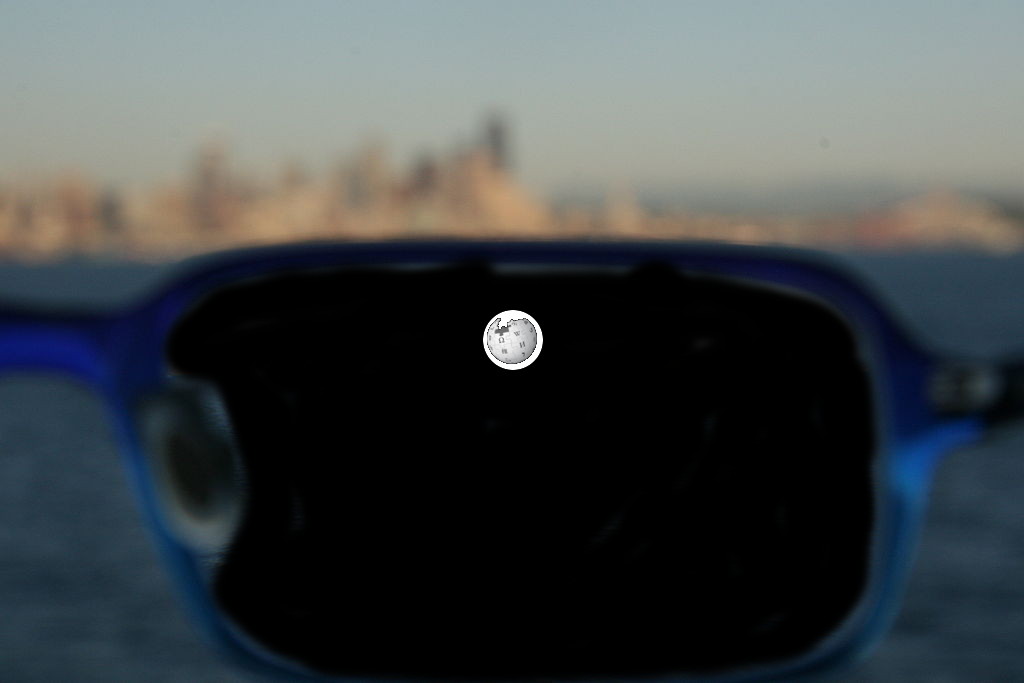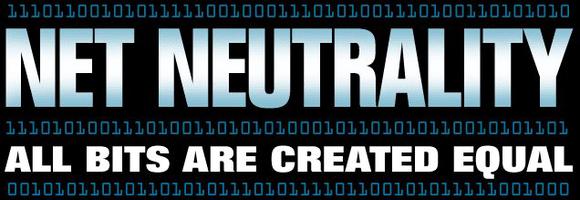Recently we have seen an exponential increase in circulation of fake news and images. Fake images play a major role as with some simple image editting, a completely different context can be conveyed. This menace has been used by various political parties to spread their propaganda.
With Google Image search being so powerful, I propose that it should be possible to use a browser plugin to verify the originality of the image. We can use Google Image Search to find other sources where the image is used and hence get different contexts of the image. Once this is developed, a repository of responses from the users may be created where they can easily report images which they feel are being used in wrong context on a particular website. As this repository improves, what we will see is that most of the images can be captured in the repository so that for the same image, we do not have to depend on Google Image Search everytime but rather use the repository itself.
Let us now look at how a common user would use the plugin.
A user who has the plugin installed browses a webpage with different images on it. Suppose he/she is interested in understanding the source of the image, the user right clicks on the image and selects the option, “Search For Source”. Initially, this should cause a Google Image Search Query and the results along with the websource of the images found should be displayed in a dailog box. The user should be given an option of reporting the image as original or fake based on the results shown along with option of marking what the user thinks is the original source of the image along with some comments.
This usecase seems to be a good starting point to release the plugin as version 1.
In the next version, we should be able to first look at the repository of all the reported images and give a much better information about the image based on all previous reportings of the image. As the community grows, we would ofcourse want moderation of reportings to ensure that false reportings by the very people spreading false news is avoided. An open structure similar to Wikipedia would be needed to ensure a fair community is developed to keep the system unbiased and trustworthy.
An API of the repository can also be created so that social networking sites and messaging platforms can develop support in their platform so that when images are shared on their platform, users automatically get the information from the repository. For example, a simple bot for telegram messaging platform can be developed which can be asked to show the information from the repository based on a certain command when a image is shared in a group. Ofcourse we need to ensure that private images from people’s chat is not shared in the repository and necessary checks and balances are put in place for the same.



